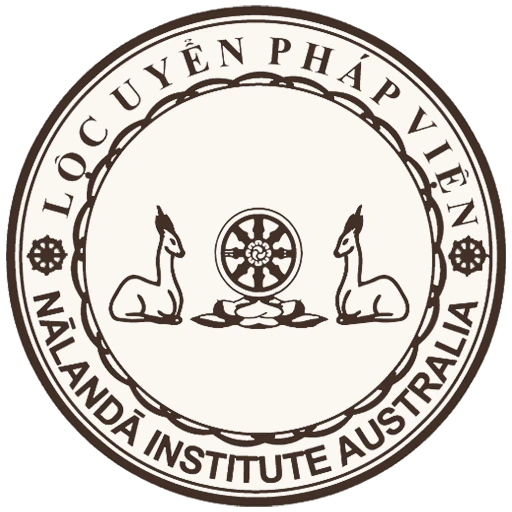Pali
Mase mase kusaggena
balo bhunjeyya bhojanam
na so sankhatadhammanam
kalam agghati solasim.
Vietnamese
Tháng tháng với ngọn cỏ,
người ngu có ăn uống;
không bằng phần mười sáu người hiểu pháp hữu vi.
English
Even though, month after month the fool may eat food with the tip of grass,
but he’s not worth a sixteenth part of the wise man that understands Arahant.
The Story
Thera Jambuka was a Monk who was born into this world from a rich family. As a child, Jambuka slept on the floor and ate his own excreta. Due to his eccentric habits, his parents sent him to a naked ascetic.
But it was here that fellow ascetic became aware of his odd habits and he was out casted. During the day, Jambuka would stand still on one leg and keep his mouth open whereas at night, he would eat his human excreta. He claimed that he only lived on air and the standing on one leg was because the earth would not bear his weight if standing on both feet. He goes on to say that he never sits down or goes to sleep.
There were those who believed him and he would be offered food because those who offer food to a spiritual person would receive good merits and one should consider the act of giving to be a true blessing. But Jambuka would refuse citing that he only lived on air. However, if food were to be taken then he would use the tip of a grass to take a small portion and asked them to move on. Jambuka lived this way until he was fifty-five years old. As the story goes, he was getting closer to attaining arahatship and his ways needed to be corrected. One night, a person approached him seeking shelter and Jambuka pointed out to a mountain-cave not far from where he was staying and he would be able to find shelter there. For the next three nights, Jambuka could see shining lights at the mountain cave and this person having visitors on each occasion. Jambuka became curious and impressed as to why this particular person would have visitors and went to the mountain-cave to seek answers.
The next morning on arrival, Jambuka said “You must, indeed, be a wonderful great person for visitors to come and worship you”. This person responded with “O Jambuka! You have been deceiving other people, but you cannot deceive me. I know that for fifty-five years you have been eating excreta and sleeping on the ground.” Furthermore, he explained that it was his evil deeds in his past life that shaped Jambuka into why he is the way he is and resulting in unnatural acts or thoughts. Jambuka was horrified and felt a sense of regret to having done those evil deeds and deceiving of others. Jambuka dropped to his knees and the person gave him a piece of cloth to put on. The person delivered a discourse and at the end of it, Jambuka attained arahatship.
This person was the Buddha.
The Meaning Behind The Story
This verse is trying to demonstrate the wrong doings of a foolish person who is attempting to attain the highest reward of spiritual life. There are a few things to consider such as false austicism, karma and those who are ignorant of the dharma.
Asceticism is the practice of severe self-discipline and avoiding of all indulgence. Misguided asceticium does not lead one to near liberation. In the case of Jambuka, he was blinded by the fact hat he wanted to convince his devotees that he only ate food from a grass-tip and never slept. It should also be noted that excrement can only come about when one eats food. Karma is a core concept in Buddhism. A deed done deliberately through body, speech or mind leads to future consequences. In Jambuka’s past life, he prevented a thera from being offered food during alm’s round and threw away food that was meant for that thera. Due to this past evil deeds, he was born with this eccentric habit.
Jambuka misunderstood the truth and was mislead by his lack of knowledge. The dharma which is often referred to the Buddhist teaching and practice can help one overcome all forms of suffering and result in pursuit of true happiness. The idea is when one understand the rules/laws or has the ability to differentiate wrong and right then they are able to move forward in the path of development.

Lộc Uyển Pháp Viện
183 Station Road
Deer Park VIC 3023
Australia
Email: [email protected]
Hội Phật Học Nalanda UK
Mã số: 1195038
83 Brookhill Road
Woolwich SE18 6 TT London
United Kingdom
Email: [email protected]
